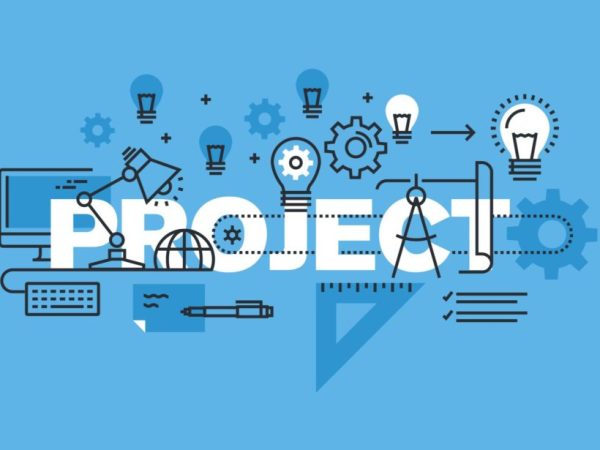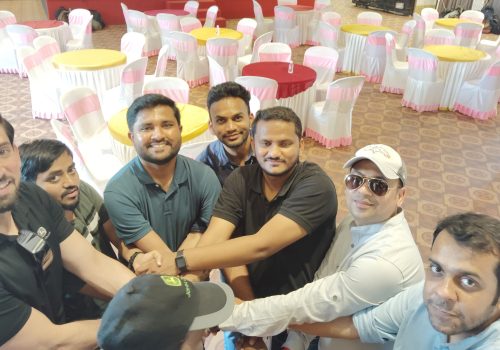Project Management Simulation
In an experiential learning context, “Project Management” refers to the process of planning, organizing, and executing projects while emphasizing hands-on, practical experiences and active participation. Experiential learning is an educational approach that focuses on learning through direct experience and reflection on those experiences. In the context of project management, experiential learning involves students or participants working on real or simulated projects, where they can apply theoretical knowledge, develop practical skills, and gain insights into the complexities of managing projects in various industries.
Key elements of applying project management in an experiential learning context include:
Hands-on Project Work: Participants engage in actual project activities, such as defining project goals, creating schedules, allocating resources, tracking progress, and managing risks. This provides them with a deeper understanding of the challenges and decisions involved in managing projects.
Real-world Scenarios: Experiential learning often involves simulating real-world scenarios, enabling participants to make decisions and solve problems that project managers face in their professional roles.




Learning by Doing: Participants learn through active participation, learning from both successes and failures. This approach encourages critical thinking, problem-solving, and adaptability.
Reflection: After engaging in project activities, participants reflect on their experiences, identifying what worked well, what didn’t, and the lessons learned. This reflection helps them internalize the knowledge gained.
Collaboration: Experiential project management encourages collaboration among participants, mirroring the collaborative nature of real project teams.
Feedback: Regular feedback from instructors, mentors, or peers helps participants improve their project management skills and approaches.
Applying Theory: Experiential learning integrates theoretical concepts from project management methodologies, tools, and techniques with practical application. Participants see how theoretical knowledge translates into real-world results.
Adaptability: Since projects can be dynamic and unpredictable, experiential learning helps participants develop adaptability and flexibility in managing changing project conditions.
Mistakes as Learning Opportunities: Mistakes and setbacks become valuable learning opportunities, helping participants refine their strategies and approaches in a supportive learning environment.
Personal Development: Experiential project management not only imparts project management skills but also enhances personal skills like communication, leadership, teamwork, and time management.
In summary, project management in an experiential learning context provides participants with a holistic understanding of managing projects by combining theoretical knowledge with practical application. This approach prepares them to tackle real-world challenges and excel as effective project managers in various industries.
Project management simulation
- 10-500
- Low
- Hybrid
- 120-150 min
- Adaptibility
- Project management
- Simulating correct actions
- Mistakes as learning opportunities

Similar Activities
- GROWING BETTER EVERY MINUTE
Get your Business
Right up There
Identifying the missing pieces in the organization or the fading magic of it or perhaps just a lack of acceptance of the same; one of these is enough to get any organization into the act. As it is been rightly said “Acceptance first step towards transformation.” You cannot change if you don’t know where to start and those around you!







